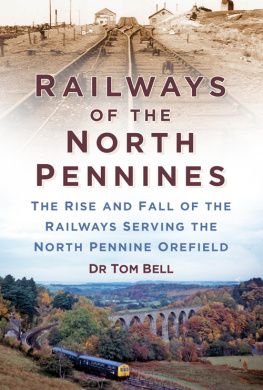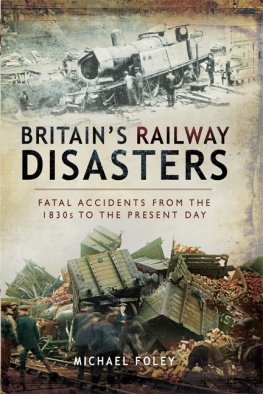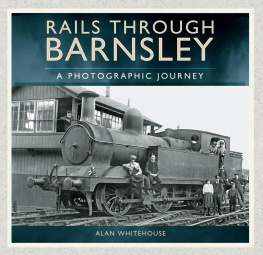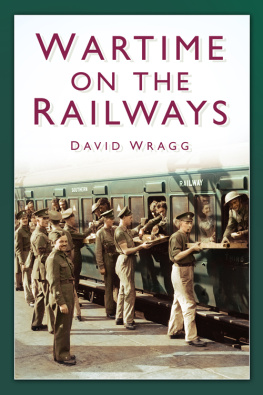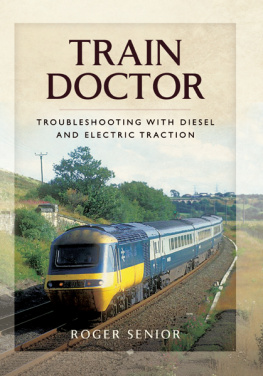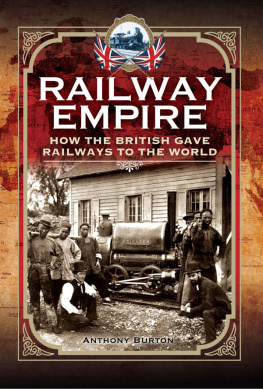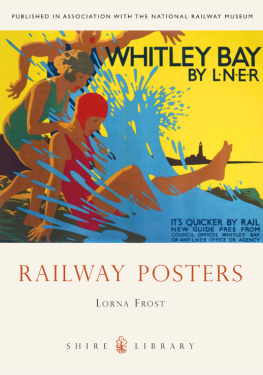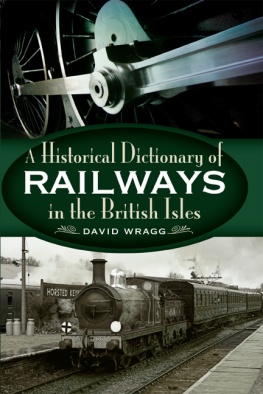Colin A. Russell - Early Railway Chemistry and its Legacy: RSC
Here you can read online Colin A. Russell - Early Railway Chemistry and its Legacy: RSC full text of the book (entire story) in english for free. Download pdf and epub, get meaning, cover and reviews about this ebook. City: London, year: 2011, publisher: Royal Society of Chemistry, genre: History. Description of the work, (preface) as well as reviews are available. Best literature library LitArk.com created for fans of good reading and offers a wide selection of genres:
Romance novel
Science fiction
Adventure
Detective
Science
History
Home and family
Prose
Art
Politics
Computer
Non-fiction
Religion
Business
Children
Humor
Choose a favorite category and find really read worthwhile books. Enjoy immersion in the world of imagination, feel the emotions of the characters or learn something new for yourself, make an fascinating discovery.

- Book:Early Railway Chemistry and its Legacy: RSC
- Author:
- Publisher:Royal Society of Chemistry
- Genre:
- Year:2011
- City:London
- Rating:4 / 5
- Favourites:Add to favourites
- Your mark:
Early Railway Chemistry and its Legacy: RSC: summary, description and annotation
We offer to read an annotation, description, summary or preface (depends on what the author of the book "Early Railway Chemistry and its Legacy: RSC" wrote himself). If you haven't found the necessary information about the book — write in the comments, we will try to find it.
One of the most important parts of British heavy industry today is our railway system. Its constant appearances in news bulletins, its enormous appeal to fans or enthusiasts, its permanent role in the lives of most of us, and its economic significance today, all underline its importance. Railway historians and enthusiasts will be surprised to learn that chemists played an important part in the development of the railway industry in Britain. Chemists themselves are well aware of the many and wide-ranging applications of their discipline, but the fact that their predecessors were involved in the technological development of railways will come as a surprise to many. This book is the first detailed study of this important interaction and covers the crucial role that chemistry played in the development of the British railway industry from its beginnings in the early 19th century up to the grouping of the railways of 1923 into GWR, SR, LNER, and LMSR.
The book describes the vital relationship between chemistry and the railway industry, all very recently discovered. It shows that the railway system would simply have not been possible without chemical inputs, chiefly but by no means entirely analytical. This discovery about a huge revenue-earning industry in Britain came from rare documents recently unearthed and other archival material and the book contains many rare illustrations and vast amounts of previously unpublished material. For the historian, it is a classic case of where history of science and history of technology converge. A great many engineers contributed to the enormous technological development which occurred in the railway industry between 1830 and 1923, but working alongside the engineers were the chemists, and in certain critical areas their contribution to this development was vital. It is a contribution which up until now has not been adequately recognised, and this book puts the record straight.
The book has an unusually wide appeal, being of interest to practising chemists, those interested in the history of chemistry and its role in society, historians of science and technology, mechanical engineers, and not least railway enthusiasts and railway historians. The chemist will be justly proud of the extreme importance of the subject for industry and the railway enthusiast will gain a wholly new picture of the development of the industry in Britain.
Colin A. Russell: author's other books
Who wrote Early Railway Chemistry and its Legacy: RSC? Find out the surname, the name of the author of the book and a list of all author's works by series.

